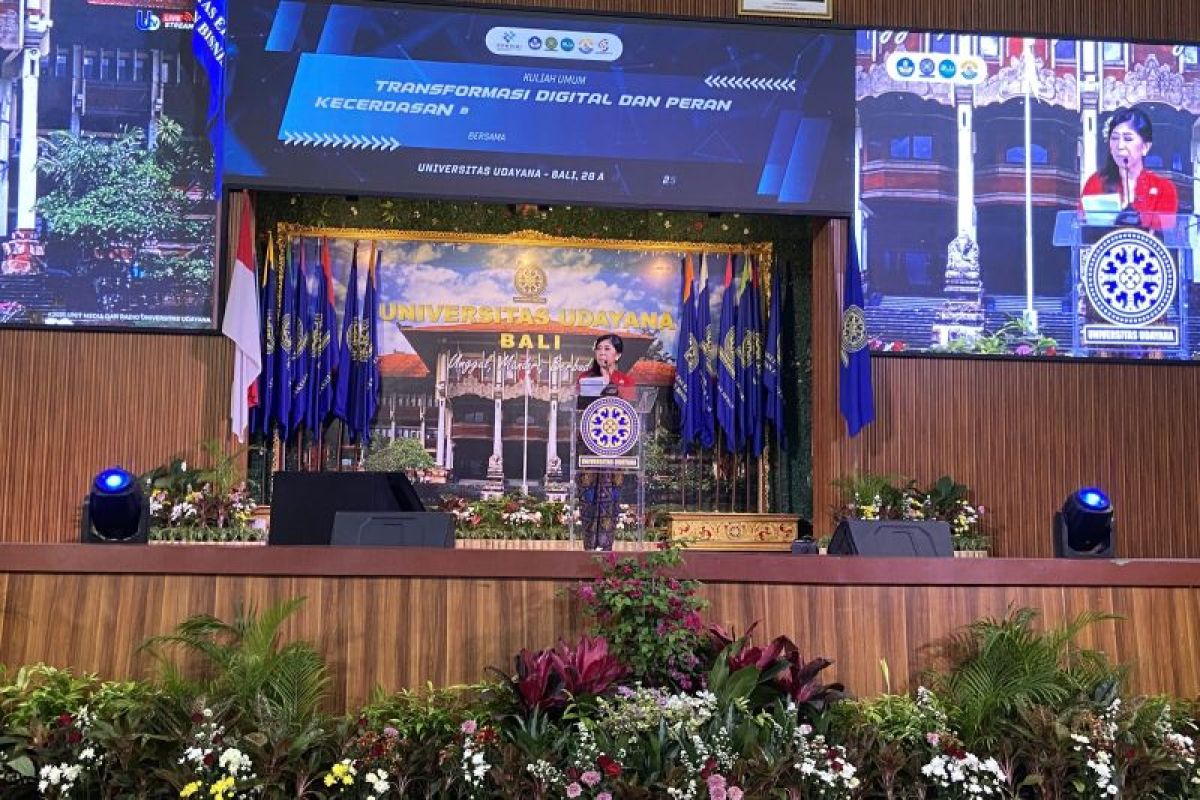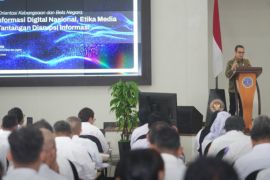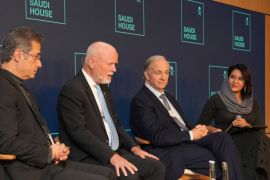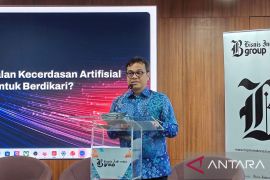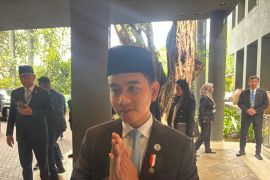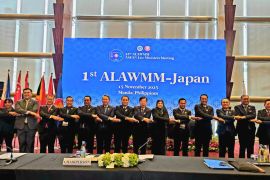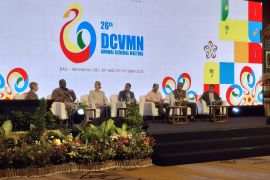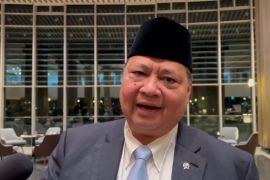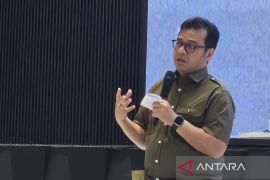Speaking at Udayana University in Bali, Hafid said institutions should tailor AI applications to local priorities, such as culture and tourism in Bali or fisheries and food security in other regions.
"AI use must reflect the needs of each area. In Bali, for instance, Udayana University is focusing on culture and tourism," Hafid said.
She emphasized that educational institutions play a key role in building digital talent and supporting the government in navigating the rapid growth of AI.
“With 280 million people, the government can't do this alone. We need strong collaboration with universities,” she said.
Related news: Indonesia seeks China's support for AI development
Hafid acknowledged challenges in expanding AI adoption, including limited internet infrastructure — 15,000 villages still lack reliable connectivity — and the absence of clear AI regulations and trained professionals.
"This is why, once again, the government needs to cooperate with educational institutions to prepare digital talents for dealing with information technology revolution, especially in the field of artificial intelligence," she said.
Indonesia currently has an internet penetration rate of 80.66 percent, covering about 229 million people.
Hafid noted that with proper infrastructure and talent, the country could become a digital leader in Southeast Asia. She also highlighted Indonesia’s growing digital economy, projected to reach USD109 billion by 2025 and USD366 billion by 2030.
Udayana University Rector I Ketut Sudarsana said the campus is ready to support AI development. To this end, the university is launching an AI Center focused on cultural preservation and tourism innovation, with plans to expand into broader scientific research.
"Due to its position in Bali, Udayana University will concentrate on AI for culture and tourism, including cultural preservation and tourism development, and will establish an AI Innovation Study and Research Center," Sudarsana added.
Related news: Indonesia explores cooperation in AI, digital tech with UK
Translator: Arie Novarina
Editor: Rahmad Nasution
Copyright © ANTARA 2025
